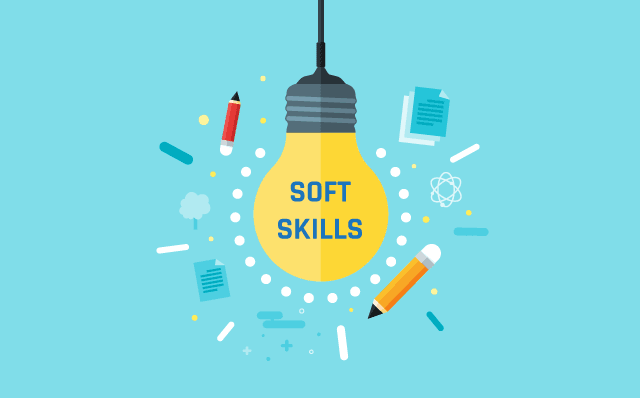
The era of the lone hero is coming to an end. The most successful African organizations aren’t those that hire the “best” individuals—but those that know how to align diverse intelligences.
Crossed Perspectives:
In a young, urban, connected Africa, the potential for collective innovation is massive. But the right conditions must be created: trust, clarity, and co-construction rituals. Collective intelligence isn’t proclaimed—it’s cultivated.
The African company of tomorrow will be horizontal or won’t exist at all. The leader will no longer be the one who knows everything, but the one who creates an environment where everyone can contribute. Collective intelligence starts with a shared vision, smooth processes, and mutual recognition.
It also relies on specific skills: active listening, conflict management, mediation, and synthesis. These are the competencies that HR professionals must now map out, encourage, and elevate.
Continental Focus:
In linguistically and culturally diverse environments (such as Cameroon, Mali, or DRC), the ability to create common ground for mutual understanding is a key performance factor.
Activation Keys:
- Create safe spaces for expression (mirror groups, 360° feedback).
- Break down hierarchical silos through cross-functional projects.
- Value ideas from the field.
- Integrate collaborative competencies into job frameworks.
- Organize regular internal hackathons on business challenges.
- Co-design HR projects with groups of willing employees.
Testimonial:
“By encouraging interdepartmental sharing circles, we reduced turnover and doubled the internal problem-solving rate.”
(HR Director, Logistics Sector, Cameroon)
A modern HR strategy must not only map individual competencies but also foster collective synergies and enhance team relational maturity. Collective intelligence is also a remedy to talent drain—it turns every employee into a co-owner of the company’s mission.
You can learn more by contacting us at contact@talent2africa.com.









